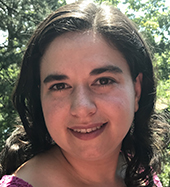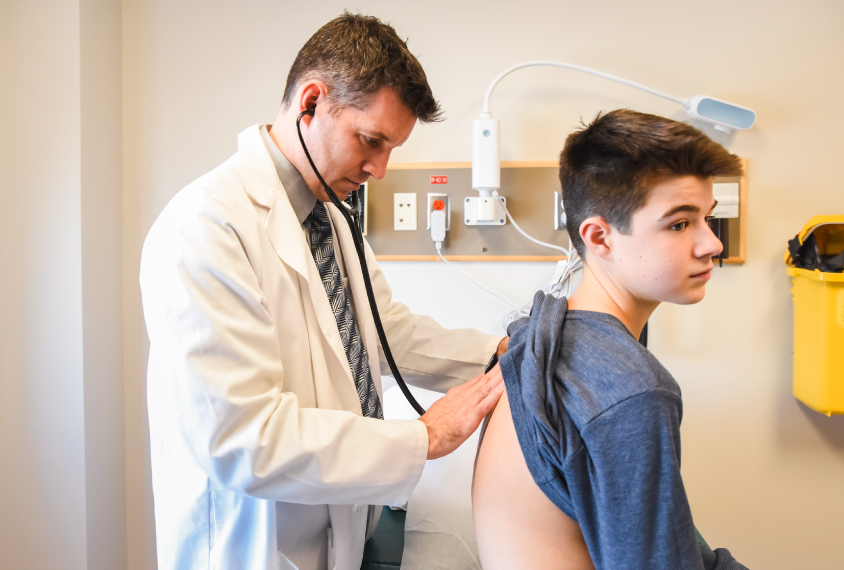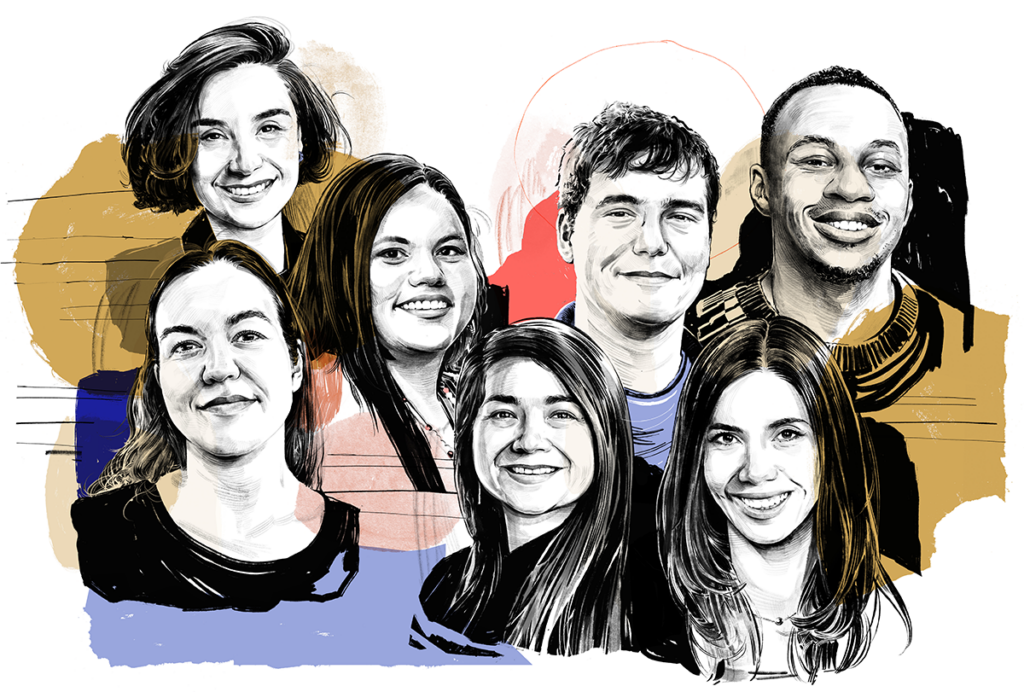Elissa Ball is a former data analysis intern for Spectrum. Prior to coming here, she worked in the Yonkers Public Library and as a tutor for Kaplan Test Prep. She earned a bachelor’s degree in anthropology, with a minor in mechanical engineering, from the University of Pennsylvania, in Philadelphia.

Elissa Ball
From this contributor
Why autism training for police isn’t enough
Inconsistent and underfunded training programs may hurt more than they help, experts say.

Why autism training for police isn’t enough
Autistic and non-autistic youth get different healthcare as they age
Young people with autism receive more mental health services, more consistent primary care and less gynecological or urgent care than their neurotypical peers.

Autistic and non-autistic youth get different healthcare as they age
Almost one-third of autistic children in the United States live in poverty
Children younger than age 5 and Black and Hispanic children on the spectrum experience the most financial hardships.

Almost one-third of autistic children in the United States live in poverty
Explore more from The Transmitter
Reporter’s notebook: Highlights from INSAR 2025
The annual meeting brought autism researchers, advocates and clinicians to Seattle to discuss the latest research, including attempts to define subgroups, a potential new CHD8 macaque model and life expectancy gaps.

Reporter’s notebook: Highlights from INSAR 2025
The annual meeting brought autism researchers, advocates and clinicians to Seattle to discuss the latest research, including attempts to define subgroups, a potential new CHD8 macaque model and life expectancy gaps.
NIDA shutters diversity fellowship program, axes active awards
It’s unclear if the cancellation at the U.S. National Institute on Drug Abuse extends to the fellowships awarded by other institutes within the National Institutes of Health.

NIDA shutters diversity fellowship program, axes active awards
It’s unclear if the cancellation at the U.S. National Institute on Drug Abuse extends to the fellowships awarded by other institutes within the National Institutes of Health.
‘We still exist’: How four neuroscience advocacy groups are navigating federal DEI funding cuts
Trainees from underrepresented backgrounds are losing pillars of support in the current funding climate. Grassroots mentorship organizations are stepping in to continue championing early-career researchers.

‘We still exist’: How four neuroscience advocacy groups are navigating federal DEI funding cuts
Trainees from underrepresented backgrounds are losing pillars of support in the current funding climate. Grassroots mentorship organizations are stepping in to continue championing early-career researchers.